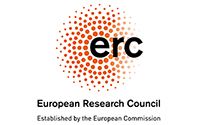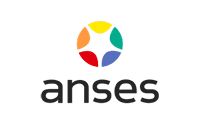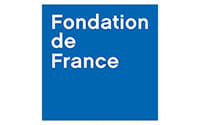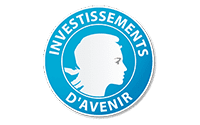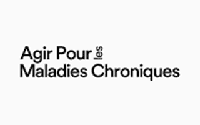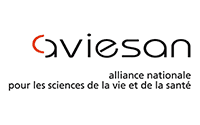Funders
The SEPAGES study is funded through calls for projects from numerous funders. To date, funding has served to set up the cohort and collect data through year five of the children’s lives (hiring staff to monitor volunteers, purchasing equipment, etc.), measure chemical pollutants, store data securely, and hire staff (engineers, doctoral students, post-doctoral fellows) to exploit the data.
The European Union strongly supports the SEPAGES cohort: the creation of the cohort was largely funded by the European Research Council (PI, R. Slama). In addition, the SEPAGES cohort is involved in two European projects that bring in further funding for data collection and analysis. The goal of these two European projects is to combine several European birth cohorts to study how the exposome affects health. These two European projects are: HELIX (European Community’s Seventh Framework Programme, PI, M. Vrijheid) and ATHLETE (European Framework Programme for Research and Innovation - H2020 PI, M. Vrijheid).
Several national agencies fund the SEPAGES cohort, notably through projects run under the auspices of the following organizations:
- The National Research Agency (ANR) funds research projects. The ANR funds several projects that involve the SEPAGES cohort, enabling the monitoring of volunteers, sample assays, and data analysis.
- The National Food, Environment, and Labor Safety Agency (ANSES) provides monitoring, expertise, research, and referrals in a wide range of areas covering human, animal, and plant health. ANSES is part of the ministries responsible for health, agriculture, the environment, labor, and consumption.
- The Foundation of France (FDF) is a private and independent organization that helps to implement projects of a philanthropic, educational, scientific, social, or cultural nature. It works mainly in four areas: assistance to vulnerable people and people in precarious situations, research into health and innovation, culture and education, and the environment.
- The Foundation for Cancer Research, recognized for its work in the public interest, funds cancer research projects and works to disseminate the knowledge acquired.
The SEPAGES cohort also receives local funding:
- Grenoble Alpes University: The University of Innovation (IDEX) supports scientific projects of research teams from the Grenoble area. This program is funded by the ANR.
- Action for Chronic Diseases (APMC): Its main mission is the development of research and prevention of chronic diseases, with the goal being to strengthen government action by implementing measures in the public interest.
- In addition, Inserm supports the cohort through permanent positions for researchers and engineers involved in the SEPAGES cohort study. Inserm also funded part of the pilot phase of the study.

